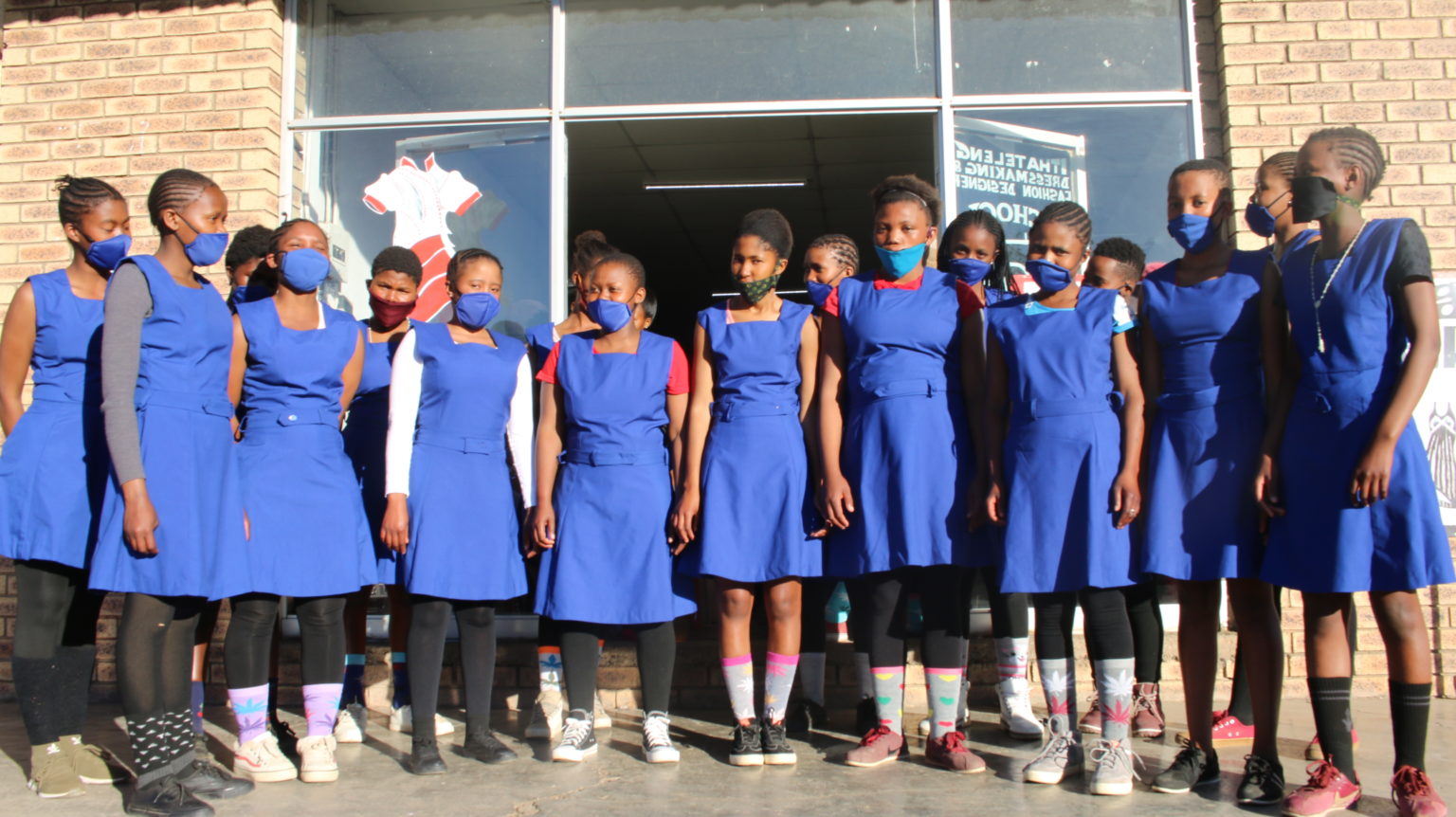
At our recent meeting, Mr Malefane, head of SOS Children’s Villages in Lesotho, was able to give us some good news. Despite the epidemic, the projects have been able to run their course and prepare for future developments almost normally.
The children’s homes are running smoothly, with a well-established organization and high-quality construction.
Vocational training for girls and women is a little more complicated. Indeed, it is still difficult for them to acquire vocational training and then exercise their profession, due to social and family structures that are still not very open to this evolution, and that expect them above all to participate in the upkeep of the family. Particular support is given to problematic and reluctant families.
Mr. Malafane puts his finger on another problem, a recurrent one in most of Africa, especially in rural areas. This is the lack of training companies (the theoretical side is easily accessible, but the practical side is more problematic), which then provide employment.
Quthing (population 27,000) is not well suited to offering these opportunities to young girls/women, nor to providing outlets other than in traditional sectors such as hairdressing, sewing or agriculture. As a result, it made sense to move vocational training to Leribe (population 450,000), where there are more apprenticeship and employment opportunities in a range of attractive trades.
Quthing (population 27,000) is therefore not very well suited to offering these young girls/women opportunities other than in traditional sectors such as hairdressing, sewing or agriculture. Consequently, it made sense to move vocational training to Leribe (population 450,000), where there are more apprenticeship and employment opportunities in a much wider range of trades, especially for women.
The entrepreneurial spirit, rather weak as everywhere, can also be better expressed here. In fact, the government’s intention is to support this process, so that young people are encouraged to set up their own businesses, rather than moving abroad to find a job.
This process is still in its infancy, but is promising in the long term, given the seriousness, individual commitment and involvement, particularly of young women and girls.
We use cookies to ensure you get the best experience on our website. If you continue to use this site, we will assume that you are satisfied with it.